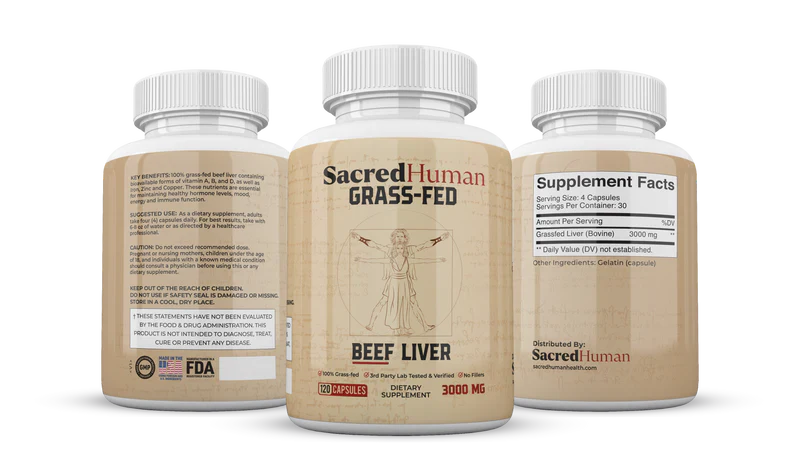America’s French Fry King Sounds an Alarm
Americans are revolting against McDonald’s and fast-food chains.
That’s hurting french fry suppliers like Lamb Weston.
Lamb Weston, the largest producer of french fries in North America and a major supplier to fast-food chains, restaurants and grocery stores, is closing a production plant in Washington state.
The company announced last week that it would lay off nearly 400 employees, or 4% of its workforce, and temporarily cut production lines in response to slowing customer demand.
Shares of Lamb Weston have dropped 35% this year.
The potato giant is oversupplied at a time when demand is sluggish.
Restaurant prices in recent years have increased faster than grocery store prices, leading customers to pull back at fast-food chains.
Having a Sweet Tooth Is Linked to Higher Risk of Depression, Diabetes and Stroke, Study Finds
People with a preference for sweets are at a higher risk of developing depression, diabetes, and suffering a stroke, according to new research from the University of Surrey.
The Surrey team looked at U.K. Biobank data on blood samples where 2,923 proteins and 168 metabolites had been measured to see how these levels changed in each group.
Proteins are the workhorses of the body and do everything from fighting infections to muscle contractions and thinking.
Metabolites are small molecules produced during digestion and other chemical processes in the body, and they can tell us a lot about how well our body is functioning.
Professor Nophar Geifman, senior author of the study and Professor of Health and Biomedical Informatics at the University of Surrey, said, “The foods that you like, or dislike seem to directly link to your health. If your favorite foods are cakes, sweets and sugary drinks, then our study’s results suggest that this may have negative effects on your health.
“We found that the sweet tooth group are 31% more likely to have depression. We also found that the sweet tooth group had higher rates of diabetes, as well as vascular heart conditions, compared to the other two groups.
Company Recalls Nearly 10 Million Pounds of Meat and Poultry Dishes for Listeria Contamination
A company is recalling nearly 10 million pounds of meat and poultry products made at an Oklahoma plant because they may be contaminated with listeria bacteria that can cause illness and death.
BrucePac of Woodburn, Oregon, recalled the roughly 5,000 tons of ready-to-eat foods this week after U.S. Agriculture Department officials detected listeria in samples of poultry during routine testing.
Further tests identified BrucePac chicken as the source.
The recall includes 75 meat and chicken products.
The foods include products like grilled chicken breast strips that were made at the company’s facility in Durant, Oklahoma. They were produced between June 19 and Oct. 8 and shipped to restaurants, food service vendors and other sites nationwide, government officials said.
The products have a best-by date of June 19, 2025 to Oct. 8, 2025.
Officials said they are concerned that the foods may still be available for use or stored in refrigerators or freezers.
The products should be thrown away, they added.mThere are no confirmed reports of illness linked to the recall.
California Reports Third Confirmed Human Case of Bird Flu, Plus 2 More Potential Cases
Federal and state health officials said they have confirmed a third human case of bird flu in California and identified an additional two new possible cases.
The case was identified in a Central Valley dairy farm worker who had contact with infected cattle, the Centers for Disease Control and Prevention said Thursday.
To date, all three California cases occurred in dairy workers from three different farms with no known contact with each other.
In all three cases, symptoms were mild and involved red, bloodshot eyes — a sign of conjunctivitis. None of the three cases included hospitalization.
The Farm Bill Expired and It Could Cause Dairy Prices to Skyrocket
On Sept. 30, the U.S. Farm Bill quietly expired, and it could place agricultural, environmental, and nutrition programs in jeopardy.
Technically, the Farm Bill (a $1.5 trillion federal legislation package) expired in 2018 but has been surviving thanks to a five-year legislative package to ensure farmers have access to everything from crop insurance to disaster relief, and so the general public continued to have access to food assistance programs like the Supplemental Nutrition Assistance Program (SNAP).
Now that there is no new bill in place, everyone who benefits from the bill faces an uncertain future. Here’s what you need to know.
UK Toddlers’ Diets Dominated by Ultra-Processed Foods, Study Finds
A study conducted by University College London has unveiled trends in the dietary habits of toddlers and young children in the U.K., highlighting a reliance on ultra-processed foods (UPFs) for a substantial part of their daily calorie intake.
Published in the European Journal of Nutrition, the research followed the diets of 2,591 children born in 2007 and 2008, mapping out the nutritional intake from infancy through to the early years of childhood.
The findings reveal that children as young as 21 months are obtaining nearly half of their daily calories from UPFs, with this figure escalating to 59% by the age of seven.
UPFs frequently consumed by these age groups include flavored yogurts and wholegrain breakfast cereals, which are often mistakenly considered healthy by parents.
These foods, however, are typically high in added sugars and salts, raising concerns over the excessive consumption of these components.






Leave a comment
This site is protected by hCaptcha and the hCaptcha Privacy Policy and Terms of Service apply.